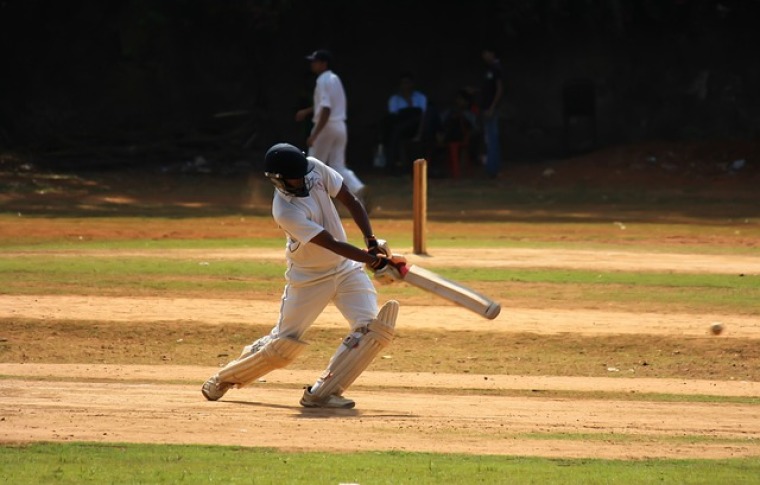

The last time I wrote of Israel's population was in 2010 where the tally had reached over 7.5 million, now it is 8.5 million.
The Israeli Central Bureau of Statistics released a report at the end of September on the shifting details of the Israeli demographics. According to the annual statement Israel's population on the eve of the Jewish New Year 5777 is estimated at 8.585 million.
According to Bridges for Peace on the 29 September, the number translates to approximately 172,000 more Israelis than this time last year and a population growth rate of nearly 2% which is consistent with previous years.
At 6.419 million, Israel's Jewish citizens constitute nearly three quarters or 74.8% of the overall population, while Arab citizens total 1.786 million or 20.8%. The remaining 380 thousand or 4.4% comprise non-Arab Christians, members of other religions and those without a religious affiliation.
The data also revealed that Israel's birth rate was four times the death rate. Some 189,000 babies were welcomed into the world over the past twelve months while 46,000 people passed away.
During the Jewish year 5776, 30,000 people chose to make Israel their new home. Nearly 25,000 of these were new immigrants.
A total of 50,797 couples said "I do" over the past twelve months. The data reveals, however, that many of the Jewish population are choosing to get married at a later age. Six years ago, 54% of men and 33.3% of women between the ages of 25-29 were unmarried. In 2014, 54% of men and 33.3% of women in that age bracket were single.

Growth rate
As far as growth rate by religion is concerned, Israel's Jewish population increased by 1.9%, the Muslim population by 2.4%, the Christians by 1.5% and the Druze by 1.4%.
It has been 68 years since the rebirth of the State of Israel. In 1948, the population numbered a paltry 806,000. Today, less than seven decades, eight recognized wars, two Palestinian intifadas, a number of terror waves and a series of armed conflicts later, the figure has grown more than 10 times.
The people of Israel live (Am Yisrael Chai), a popular saying goes. It is true. Regardless of all the calls for destruction, the amnesty and the odds stacked so decidedly against them, the citizens of the Jewish state continue to thrive.

Australia
That 2010 original article cited Australian statistics and as we have recently held another Census we are expecting next year to get updated figures.
That article cited the lack of drinking water and associated agriculture as an issue for Australia, and could Australia sustain a population around the 35 million mark?
Australia is in a unique situation, being a country with variable rainfall and extremely poor soils due to historic erosion issues. Australia doesn't even have high mountains – some have suggested they have been eroded away, along with arable soil.
Therefore many suggest Australia cannot sustain a population density the same as most other countries – including Israel. Israel has deserts, but they also have very fertile soil, so when they put water on, then things can grow.
Hence Israel's population density is much higher than Australia – with one twenty-fifth of the area, Israel have one-third of our population. So Israel's density is about 7 times Australia's.
Many other countries are even denser – even India, again it has many areas with low or variable rainfall, but with fertile soils so when water is applied, food can grow.
This is an ongoing issue and debate for Australia whose politicians watch how Israel handles such a desert climate and yet produces and exports 80% of Europe's oranges.

Dr Mark Tronson is a Baptist minister (retired) who served as the Australian cricket team chaplain for 17 years (2000 ret) and established Life After Cricket in 2001. He was recognised by the Olympic Ministry Medal in 2009 presented by Carl Lewis Olympian of the Century. He mentors young writers and has written 24 books, and enjoys writing. He is married to Delma, with four adult children and grand-children.
Mark Tronson's archive of articles can be viewed at http://www.pressserviceinternational.org/mark-tronson.html